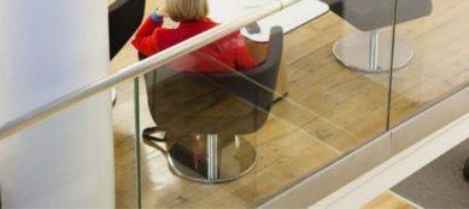February 9, 2016
Report reveals huge surge in use of flexible working worldwide 0
 Three quarters of companies worldwide have now introduced flexible working to enable employees to vary their hours and work from home or on the move according to one of the largest global surveys of its kind conducted with 8,000 employers and employees across three continents. The Flexible: friend or foe? survey was commissioned by Vodafone and took place between September and October 2015. The countries surveyed were Germany, Hong Kong, India, Italy, Netherlands, Singapore, South Africa, Spain, the UK and the USA. A total of 8,000 employers and employees were interviewed online. The rapid adoption of high-speed mobile data services, fixed-line broadband and cloud services is playing an integral role in this workplace revolution: 61 percent of respondents now use their home broadband service to access work applications and 24 percent use a mobile data connection via their smartphone, tablet or laptop with a broadband dongle.
Three quarters of companies worldwide have now introduced flexible working to enable employees to vary their hours and work from home or on the move according to one of the largest global surveys of its kind conducted with 8,000 employers and employees across three continents. The Flexible: friend or foe? survey was commissioned by Vodafone and took place between September and October 2015. The countries surveyed were Germany, Hong Kong, India, Italy, Netherlands, Singapore, South Africa, Spain, the UK and the USA. A total of 8,000 employers and employees were interviewed online. The rapid adoption of high-speed mobile data services, fixed-line broadband and cloud services is playing an integral role in this workplace revolution: 61 percent of respondents now use their home broadband service to access work applications and 24 percent use a mobile data connection via their smartphone, tablet or laptop with a broadband dongle.

































December 21, 2015
From workplace wellness programmes to a positive workplace culture 0
by Mark Eltringham • Comment, Wellbeing, Workplace, Workplace design
(more…)